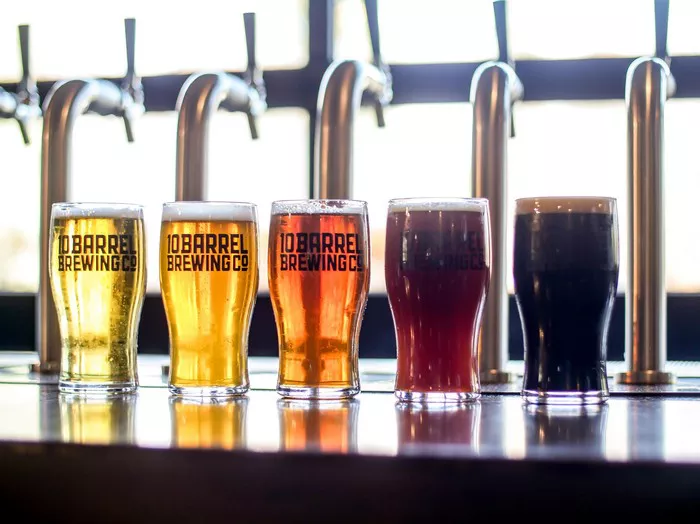The origins of cocktails are as diverse and spirited as the libations themselves. The quest to pinpoint who invented cocktails is akin to navigating a labyrinth of historical anecdotes, cultural influences, and evolving tastes. Delving into the annals of time reveals a tapestry woven by various individuals, cultures, and moments, each contributing a thread to the complex narrative of cocktail inception.
A Historical Tapestry: Tracing the Origins
The concept of mixing drinks, the fundamental essence of cocktails, finds its roots in ancient civilizations. However, attributing the invention of cocktails to a singular individual or culture is a challenging endeavor. The term ‘cocktail’ itself, a concoction of spirits, sugar, water, and bitters, emerged in the early 19th century. Yet, the practice of blending ingredients predates this terminology by centuries.
From the medicinal elixirs of the ancient Egyptians to the herbal tonics of the Greeks and Romans, historical records abound with early examples of mixed drinks. In the 16th century, European explorers voyaging to the Americas introduced spirits like rum, brandy, and whiskey, interweaving new ingredients into the evolving tapestry of mixed beverages. However, the specific genesis of the modern cocktail remains shrouded in the mists of time.
The Birth of the Modern Cocktail: A Convergence of Influences
The American colonies played a pivotal role in shaping the evolution of cocktails. The 18th century witnessed the rise of taverns and punch houses, where mixtures of spirits, fruits, and spices were served. However, it was in the early 19th century that the term ‘cocktail’ began to gain prominence, initially referred to as a stimulating beverage combining spirits with various additives.
One prevalent narrative attributes the birth of cocktails to a New Orleans apothecary, Antoine Peychaud, who concocted a mix of brandy, bitters, and sugar known as the Sazerac. Peychaud’s creation, often cited as the first cocktail, gained popularity in the 1830s, leaving an indelible mark on cocktail culture.
The Bartender’s Artistry: Pioneers in Mixology
As cocktails gained momentum, skilled bartenders emerged as key influencers in their evolution. Jerry Thomas, widely regarded as the “father of mixology,” published the first cocktail book, “How to Mix Drinks or The Bon Vivant’s Companion,” in 1862. Thomas’s recipes and flair behind the bar elevated cocktails to an art form, contributing significantly to their widespread appeal.
Moreover, Harry Johnson’s “Bartenders’ Manual” and “Harry’s ABC of Mixing Cocktails” further solidified the foundations of mixology. These pioneering bartenders not only popularized cocktails but also standardized recipes, techniques, and the notion of cocktail culture.
Cultural Contributions and Global Influence
While American bartenders played a significant role, cocktail culture transcended borders, drawing inspiration from diverse cultures worldwide. For instance, the British influence introduced the term “punch,” a precursor to cocktails, originating from the Hindi word “panch,” meaning five, representing the five key ingredients: alcohol, sugar, lemon, water, and spices.
Latin America contributed its own unique flavors with the introduction of rum-based concoctions like the Mojito and Daiquiri. The Prohibition era in the United States further catalyzed cocktail innovation, leading to the emergence of speakeasies and clandestine mixology, resulting in iconic drinks like the Sidecar and the French 75.
Evolution in Modern Times: Innovations and Trends
In the contemporary landscape, the art of mixology continues to evolve, embracing innovation, and pushing the boundaries of flavors and presentation. Craft cocktails, molecular mixology, and the emphasis on fresh, locally sourced ingredients characterize the modern era of cocktail creation.
Renowned bartenders and mixologists, such as Dale DeGroff, Audrey Saunders, and Sasha Petraske, have further refined the craft, introducing new techniques and reviving classic recipes. The cocktail renaissance of the late 20th and early 21st centuries witnessed a return to the roots of mixology, celebrating forgotten recipes while experimenting with avant-garde ingredients and methods.
Conclusion: A Collective Heritage
In the pursuit of uncovering who invented cocktails, it becomes evident that the creation of these libations is a culmination of diverse influences, cultural exchanges, and the collective efforts of numerous individuals across centuries. From ancient civilizations to modern mixologists, each chapter in the story of cocktails adds depth and richness to a heritage cherished worldwide.
The quest to identify a single inventor of cocktails proves elusive, for the essence of cocktails lies not in the hands of a solitary figure but in the collective spirit of creativity, experimentation, and shared enjoyment. As we raise our glasses to celebrate the rich tapestry of cocktail culture, let us toast to the myriad contributors who have enriched our lives with this timeless libation. Cheers!


